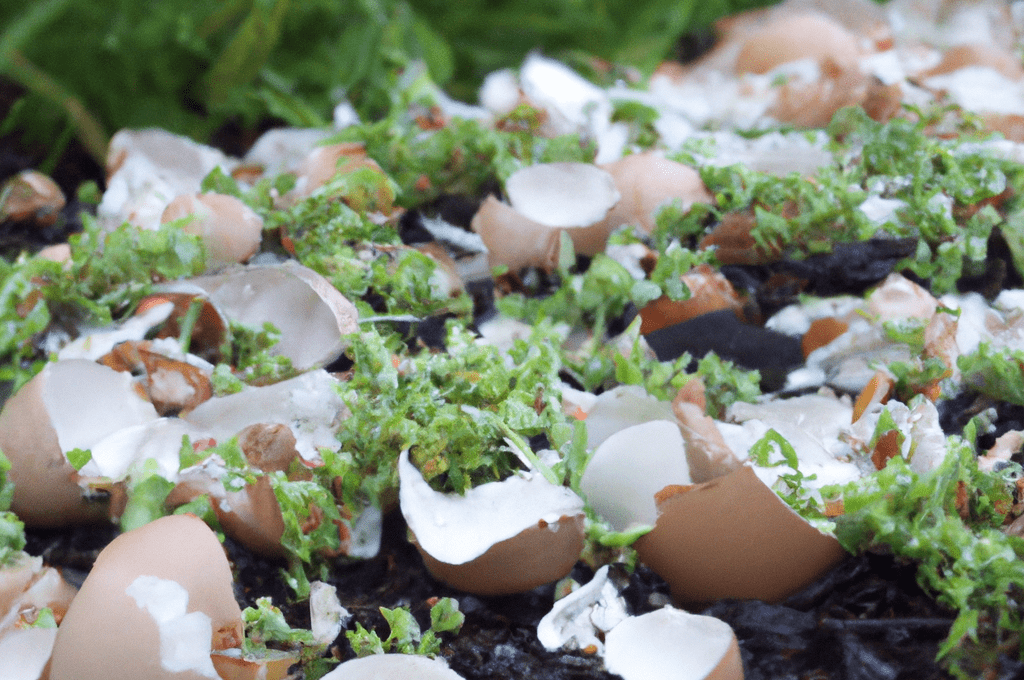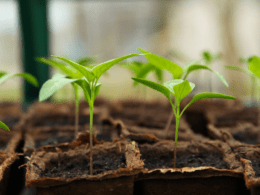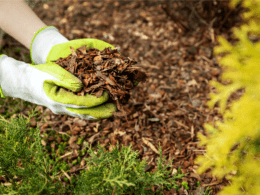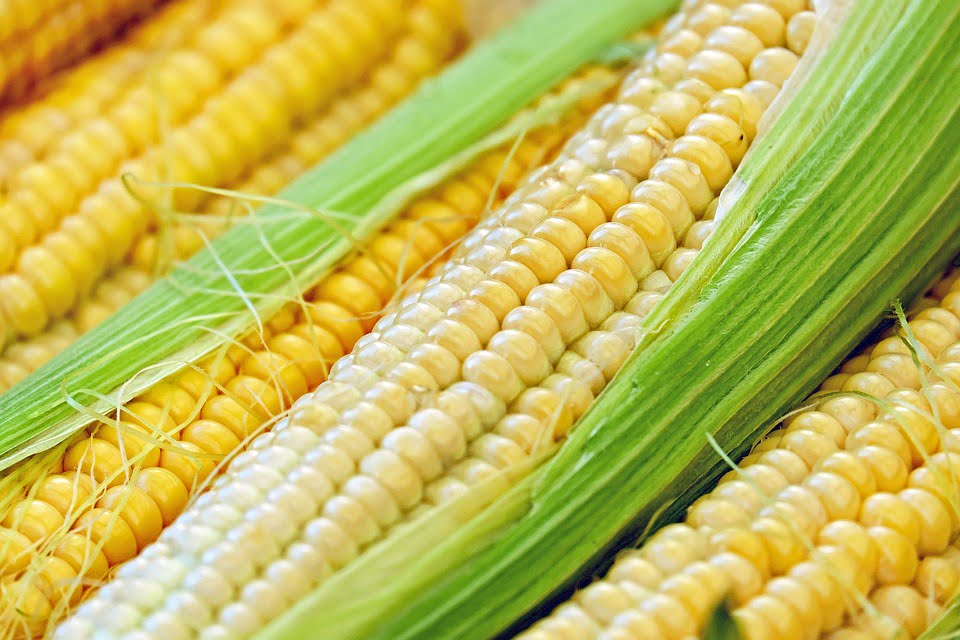Do you want to give your garden a natural and cost-effective boost? Look no further than eggshells!
By composting eggshells, you can help your plants thrive, prevent blossom-end rot, and even deter pesky pests. And the best part? Eggshells are compostable, which means they’ll break down naturally and won’t harm the environment.
By including eggshells in your compost pile, you’ll be providing your plants with a rich source of calcium carbonate, an essential nutrient for healthy growth. And not only will your plants benefit, but you’ll also be doing your part for the environment by reducing waste and avoiding harmful chemicals.
So why not give egg-cellent composting a try and see the difference it can make in your garden’s growth?
Quick Summary
- Composting eggshells provides a rich source of calcium carbonate for plants and restores chemical imbalances in the soil.
- It also deters slugs and crawling pests, reduces waste going into landfills, and creates a cost-effective and natural alternative to synthetic fertilizers.
- Tips for composting eggshells include rinsing and breaking them into small pieces or grinding them into a fine powder for more coverage. It’s important to check the soil preferences of plants before adding compost and to follow composting dos and don’ts (no animal products or fats) while covering the compost pile to prevent critters.
- Sustainable gardening practices, including composting, are essential for the health of the planet, save resources, and benefit both the environment and garden productivity.
Benefits for Plants
You’ll be pleased to know that adding eggshells to your compost can benefit many plant species. These include cucumber, eggplant, pepper, tomato, spinach, lettuce, broccoli, marigolds, lilacs, clematis, forsythia, butterfly bushes, and roses.
By including eggshells in your compost, you can restore chemical imbalances in the soil, prevent blossom-end rot, and deter slugs and crawling pests. To maximize the benefits of eggshells in your compost, break them into small pieces to speed up decomposition. You can also grind them into a fine powder for more coverage.
Remember to check the soil preferences of your plants before adding compost and cover your compost pile to prevent critters. With these composting techniques, your garden will thrive.
How Do Earthworms Contribute to Composting and Garden Growth?
Earthworms play a vital role in the life cycle of earthworms composting and garden growth. Their burrowing activities enhance soil aeration and drainage, allowing roots to penetrate deeper. Earthworms break down organic matter, releasing essential nutrients into the soil. Their castings are rich in nitrogen, phosphorus, and potassium, providing a natural and nutrient-rich fertilizer for plants. By improving soil structure, earthworms create a healthy environment for beneficial microbes, promoting overall garden health.
Preparation and Usage
To prepare eggshells for your compost, simply rinse them off and break them into small pieces to speed up decomposition. Once the eggshells are clean and in small pieces, you can add them to your compost pile.
Here are some eggshell grinding techniques to help you get started:
- Use a mortar and pestle to grind the eggshells into a fine powder.
- Place the eggshells in a plastic bag and crush them with a rolling pin.
Remember to follow composting dos and don’ts when adding eggshells to your compost pile. Do make sure to cover your compost pile to prevent critters from getting into it. Don’t add any animal products or fats to your compost pile, as this can attract unwanted pests.
By using eggshells in your compost, you can create a nutrient-rich soil that will help your garden thrive.
Environmental Benefits
By incorporating eggshells into your compost pile, you can significantly reduce the amount of waste going into landfills and contribute to a more sustainable environment. Instead of throwing away eggshells, simply rinse them and break them into small pieces before adding them to your compost.
Not only are you reducing waste, but you’re also providing your garden with a natural source of calcium carbonate. Sustainable gardening practices are essential for the health of our planet.
By composting eggshells, you’re not only reducing waste but also creating a nutrient-rich soil amendment for your plants. This cost-effective and natural alternative to synthetic fertilizers is a win-win for both your garden and the environment.
So start saving those eggshells and give your garden the boost it deserves!
Frequently Asked Questions
Can eggshells be used as a natural pesticide?
Yes, eggshell tea can be used as a natural pesticide. Crush eggshells and steep in water to create a solution that deters pests and adds calcium to soil. As a soil amendment, eggshells also promote plant growth.
How long does it take for eggshells to decompose in a compost pile?
Eggshells take 6-12 months to decompose in a compost pile. Incorporating eggshells in compost benefits your garden by providing slow-release nutrients, preventing blossom-end rot, and deterring pests. Crush them into small pieces and add to your composting routine.
Can eggshells attract pests to the garden?
You may worry about pest concerns with eggshells in your compost, but they won’t attract pests when properly prepared. Eggshells are compostable and improve compost quality, providing a cost-effective, safe, and natural fertilizer for your garden.
Is it safe to consume vegetables grown with eggshell compost?
You can safely consume vegetables grown with eggshell compost. The calcium carbonate in eggshells can benefit plants and slowly release nutrients throughout the growing season, providing health benefits and improving nutrient composition.
Can eggshells be used in indoor plant pots?
You can use eggshells as a natural fertilizer for indoor plants. Crush them and mix into the soil for added calcium and nutrients. However, be mindful of pests and avoid overuse, as it can increase soil pH.









